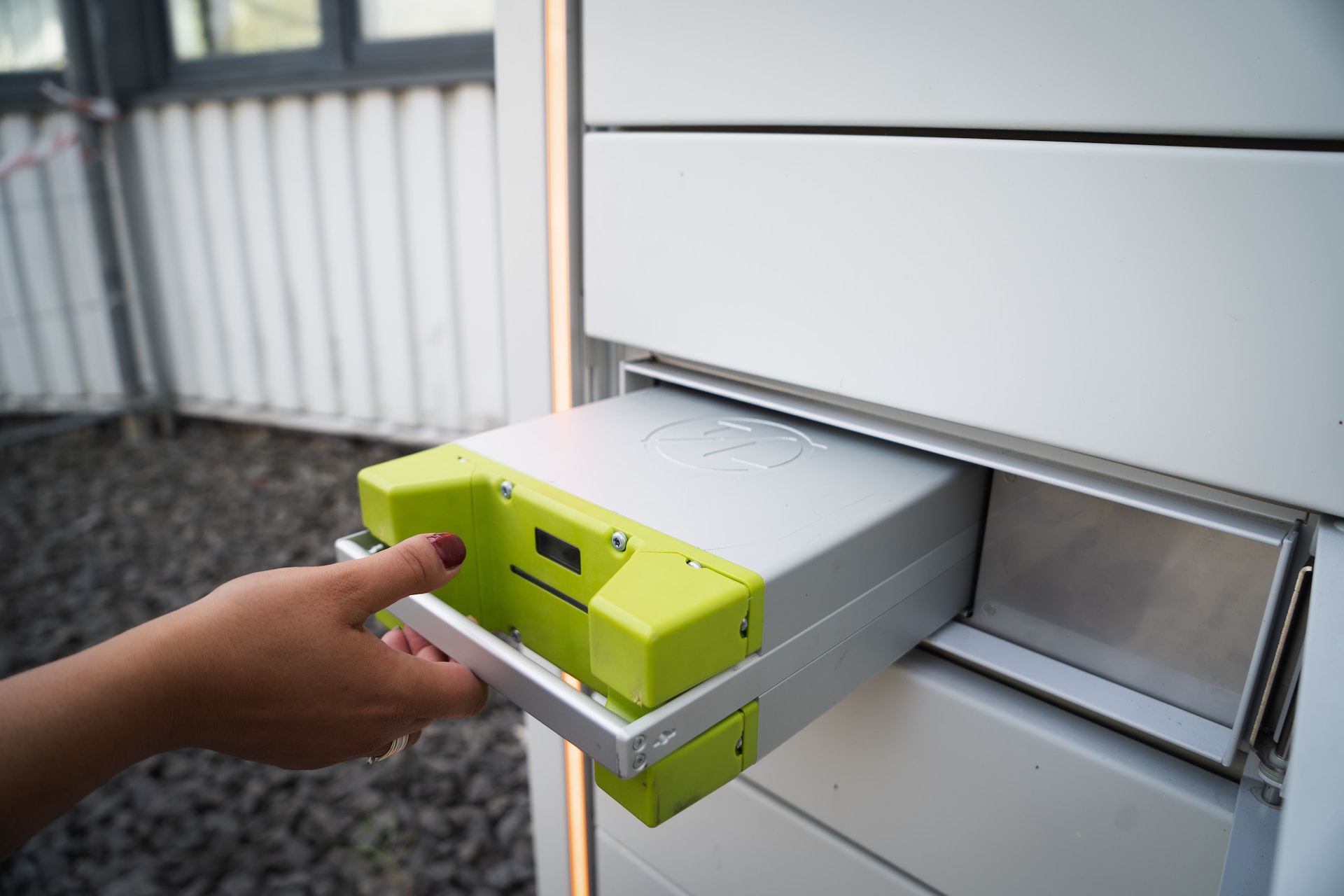Introduction
As the world embraces the electric era, Japan is taking significant strides to empower its position in the global electric vehicle (EV) market. Recognizing the pivotal role of EV batteries in the transition to sustainable transportation, Japan has intensified its support for local EV battery production. By bolstering domestic manufacturing capabilities, Japan aims to strengthen its leadership in the EV industry while contributing to a greener and more sustainable future. In this article, we delve into Japan’s enhanced backing for local EV battery output and the impact it has on the electric era.
The Growing Demand for Electric Vehicles
Electric vehicles have gained immense popularity in recent years, driven by the need to reduce carbon emissions, combat climate change, and promote energy independence. Governments, industries, and consumers alike are increasingly embracing EVs as an eco-friendly alternative to conventional internal combustion engine vehicles. This surge in demand for electric vehicles has placed EV batteries in the spotlight as a critical component of the electric mobility ecosystem.
Japan’s Commitment to Sustainable Mobility
As a technological powerhouse and a leader in the automotive industry, Japan has long been committed to sustainable mobility. With a vision to create a low-carbon society, Japan has been at the forefront of EV development, emphasizing the importance of clean energy and efficient transportation systems. By promoting the adoption of electric vehicles, Japan aims to reduce its dependence on fossil fuels, lower greenhouse gas emissions, and enhance energy security.
Advancing Local EV Battery Production
To strengthen its position in the rapidly evolving EV market, Japan has significantly enhanced its support for local EV battery production. The government has introduced a comprehensive set of policies, incentives, and investments to attract battery manufacturers and promote the establishment of battery production facilities within the country. By encouraging domestic battery manufacturing, Japan aims to ensure a stable supply of high-quality EV batteries, reduce reliance on imports, and foster technological advancements in battery technology.
Collaborative Initiatives and Partnerships
Japan recognizes the importance of collaboration and partnerships in driving the growth of the EV industry. The government actively engages with various stakeholders, including automakers, battery manufacturers, research institutions, and academia, to promote joint initiatives and knowledge sharing. These collaborative efforts facilitate the exchange of expertise, technological advancements, and best practices, enabling Japan to stay at the forefront of EV battery innovation.
Research and Development Focus
To maintain its technological edge and drive continuous improvement in EV battery performance, Japan places a strong emphasis on research and development (R&D). The government invests heavily in R&D activities, partnering with industry leaders to advance battery technologies, enhance energy storage capabilities, and improve charging infrastructure. By driving innovation in EV batteries, Japan aims to address challenges such as range anxiety, charging speed, and durability, further boosting the adoption of electric vehicles.
Environmental and Economic Benefits
Japan’s support for local EV battery output brings about numerous environmental and economic benefits. By manufacturing batteries domestically, Japan reduces the carbon footprint associated with importing batteries from overseas. Additionally, local battery production contributes to job creation, economic growth, and the development of a robust EV ecosystem within the country. The expansion of the EV industry not only propels Japan’s economy but also strengthens its position as a global leader in sustainable transportation.
International Influence and Leadership
Japan’s enhanced backing for local EV battery output has a significant impact on the international stage. By bolstering its domestic battery manufacturing capabilities, Japan solidifies its position as a global leader in EV technology and production. This influence extends beyond its borders, as Japanese battery manufacturers become trusted suppliers to international automakers and contribute to the global transition to electric mobility. Japan’s commitment to sustainable transportation inspires other nations to follow suit, fostering a worldwide shift towards a greener and more sustainable future.
Conclusion
Japan’s enhanced backing for local EV battery output demonstrates its commitment to sustainable mobility and the electrification of transportation. By prioritizing domestic battery manufacturing, Japan strengthens its position as a leader in the EV industry while reducing its carbon footprint and promoting economic growth. With collaborative initiatives, focused research and development, and a vision for a low-carbon society, Japan empowers the electric era and paves the way for a cleaner and more sustainable future.




